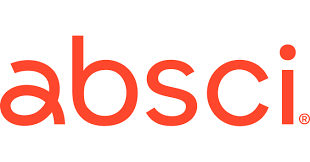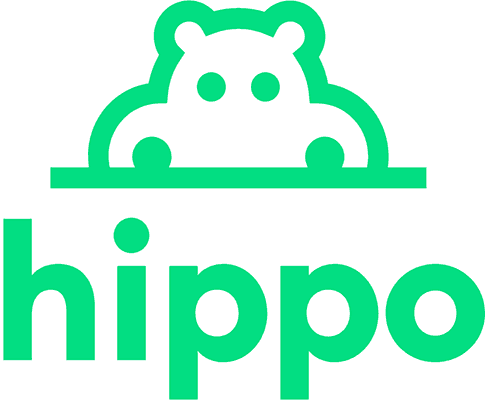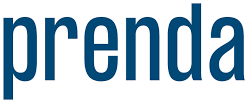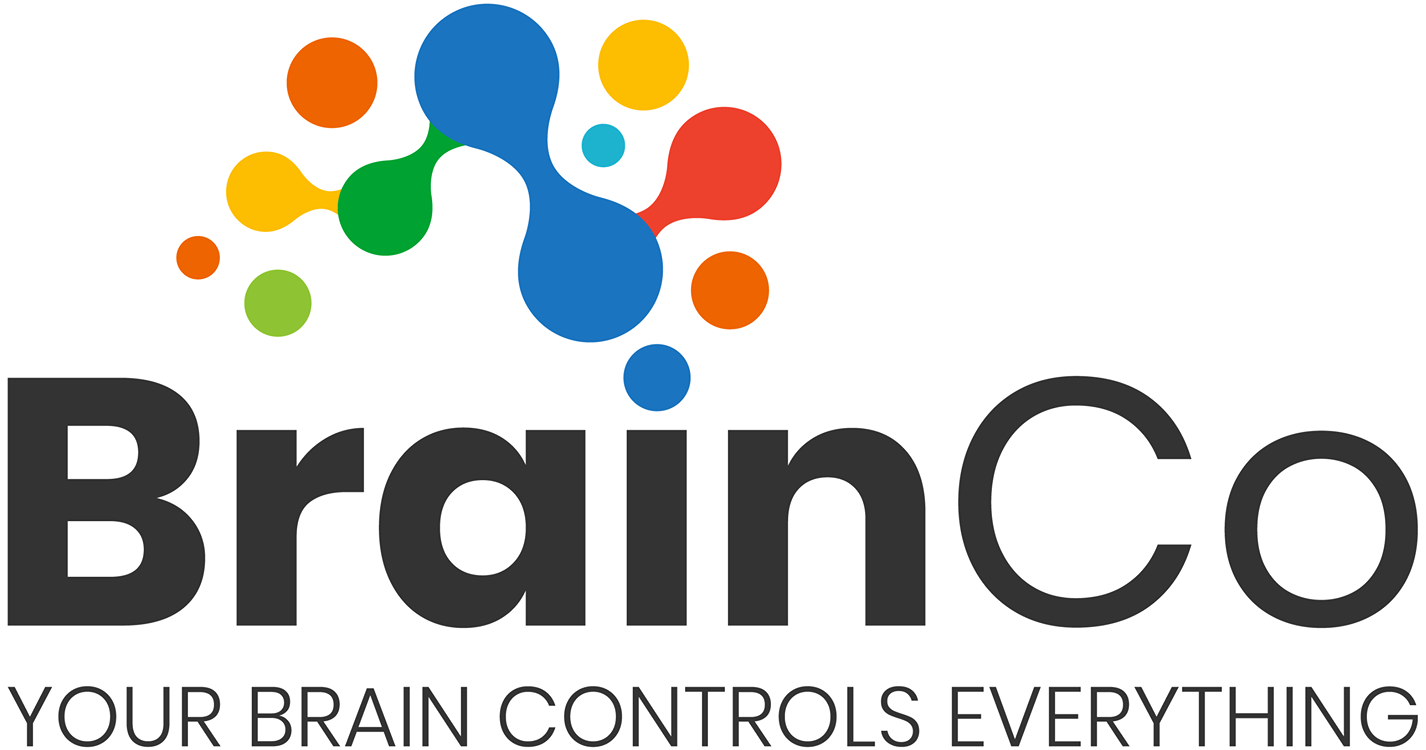





























Increased test coverage by 40% through implementation of automated UI testing
Reduced bug escape rate by 65% by introducing risk-based testing methodologies
Mentored junior QA team members, fostering a culture of continuous learning and improvement
Zara led the quality assurance efforts for a major e-commerce platform redesign. She developed a comprehensive test strategy that included automated, manual, and user acceptance testing. Her approach uncovered critical usability issues early in the development cycle, resulting in a smooth launch with a 98% user satisfaction rate.
Improved defect detection rate by 50% through implementation of exploratory testing techniques
Spearheaded the adoption of behavior-driven development (BDD) practices within the QA team
Automated 75% of regression tests, reducing testing time from 2 weeks to 3 days
Derek implemented a continuous testing pipeline for a financial services application. He integrated automated tests into the CI/CD process, enabling rapid feedback on code changes. This project reduced the time to market for new features by 30% while maintaining high quality standards.
Reduced critical production bugs by 80% through implementation of shift-left testing practices
Improved test efficiency by 35% by developing a modular test automation framework
Collaborated with development teams to establish coding standards for testability
Aisha led the quality assurance efforts for a healthcare data integration platform. She designed and executed a comprehensive test plan that included data validation, security testing, and performance testing. Her meticulous approach ensured HIPAA compliance and zero data breaches during the first year of operation.
Increased mobile app stability by 45% through rigorous device compatibility testing
Reduced average time to detect performance issues by 60% using APM tools
Implemented chaos engineering practices to improve system resilience and fault tolerance
Miguel developed a performance testing strategy for a high-traffic video streaming service. He created realistic load scenarios and identified bottlenecks in the system architecture. His recommendations led to optimizations that improved the platform’s capacity by 200% during peak usage times.
Achieved 99.9% test automation coverage for critical business workflows
Reduced average bug fix time by 40% through detailed, reproducible bug reports
Pioneered the use of AI-assisted testing tools to enhance test case generation and execution
Olivia led the quality assurance efforts for a machine learning-based fraud detection system. She developed innovative testing approaches to validate the ML model’s accuracy and fairness. Her work ensured the system’s reliability, resulting in a 70% improvement in fraud detection rates with minimal false positives.
With our extensive candidate network and dynamic team search approach, Redfish recruiters can greatly reduce your time to hire compared to in-house hiring processes.
Redfish recruiters handle every step of the process, including finding talent, screening candidates, scheduling interviews, conducting reference checks, and negotiating the offer, freeing up your in-house HR staff to focus on their other responsibilities.
We form the same in-depth relationships with clients that we establish with candidates, taking the time to fully understand your company and needs and giving each client a single point of contact for all communications.
We understand the roles we recruit for inside and out, whether that’s the technical jargon familiar to engineers and programmers or the skills that make an exceptional sales or marketing hire. When we send along a candidate, you can trust they have what it takes to excel.
With 20+ years in the recruiting industry, Redfish Technology has built an extensive network of connections and candidates, and our reputation precedes us. We’re a recruiting firm top talent wants to work with, giving you access to better talent than you’ll find from other services.



Key technical skills include proficiency in test automation tools, knowledge of programming languages like Python or Java, understanding of SQL for database testing, and familiarity with API testing tools.
While automation is crucial, manual testing experience remains valuable. Look for candidates with a balance of both skills, as manual testing is essential for exploratory testing and usability assessment.
Certifications like ISTQB (International Software Testing Qualifications Board), CSQA (Certified Software Quality Analyst), or specific tool certifications (e.g., Selenium) can be valuable, but practical experience should take precedence.
Present candidates with real-world testing scenarios or bugs and ask them to walk you through their approach. Look for logical thinking, creativity in test design, and ability to anticipate edge cases.
In Agile, QA Engineers are integral team members who collaborate closely with developers, participate in sprint planning, and ensure continuous testing throughout the development cycle.
Very important. QA Engineers should understand CI/CD pipelines and how to integrate automated tests into these processes for continuous quality assurance.
Critical soft skills include attention to detail, strong communication abilities, teamwork, and the capacity to think from the end-user’s perspective.
Ask about tools they’ve used (like JMeter or LoadRunner), their approach to designing performance test scenarios, and how they’ve identified and resolved performance bottlenecks in past projects.
Look for familiarity with mobile testing tools, experience testing on various devices and OS versions, understanding of mobile-specific issues (like battery usage and network conditions), and knowledge of both manual and automated mobile testing approaches.